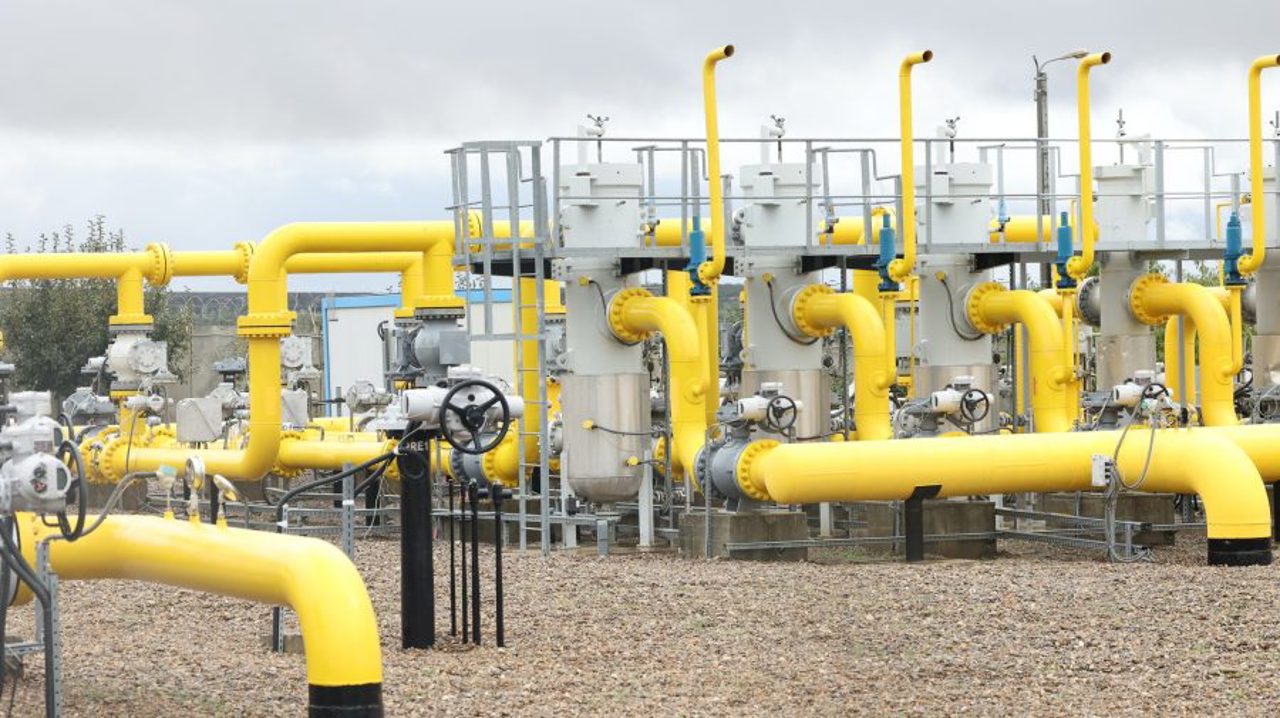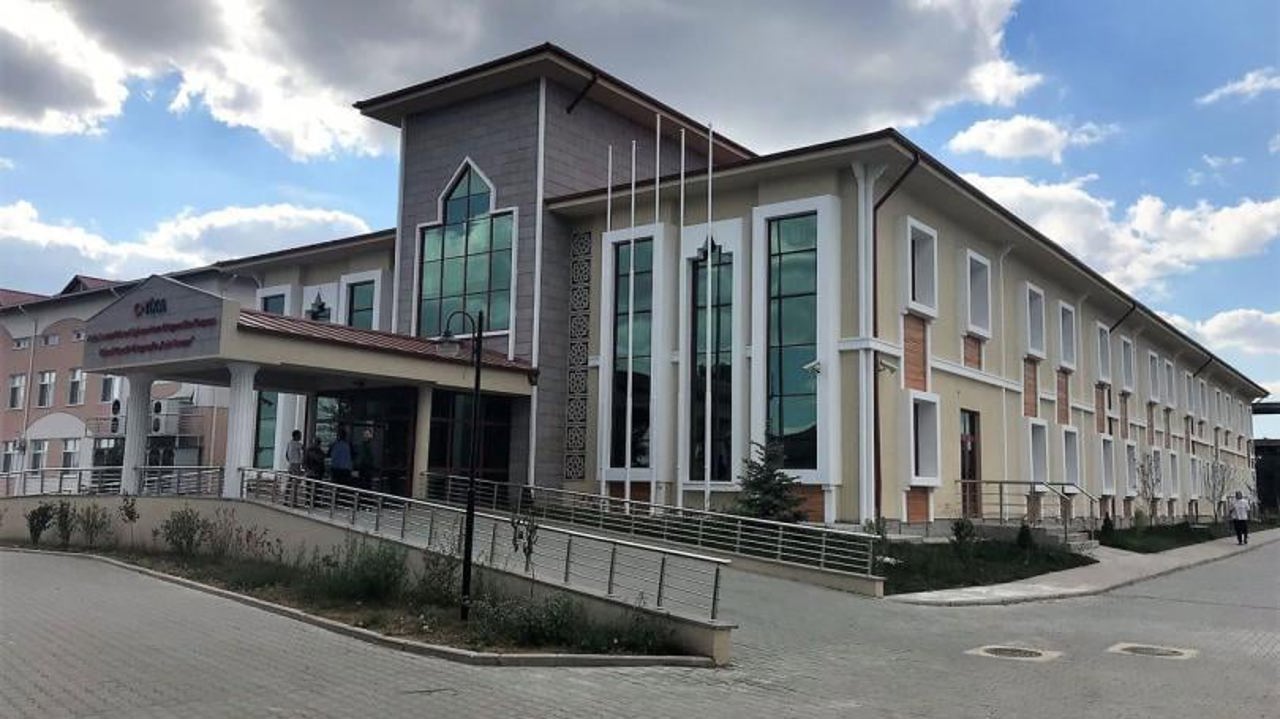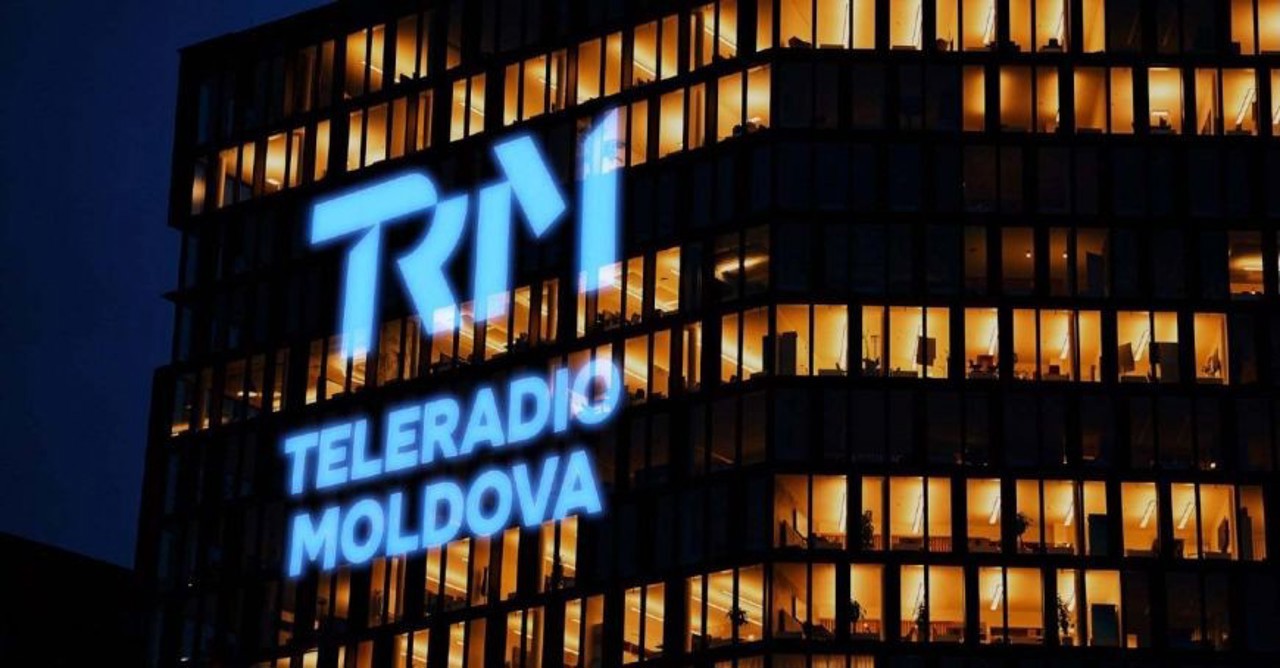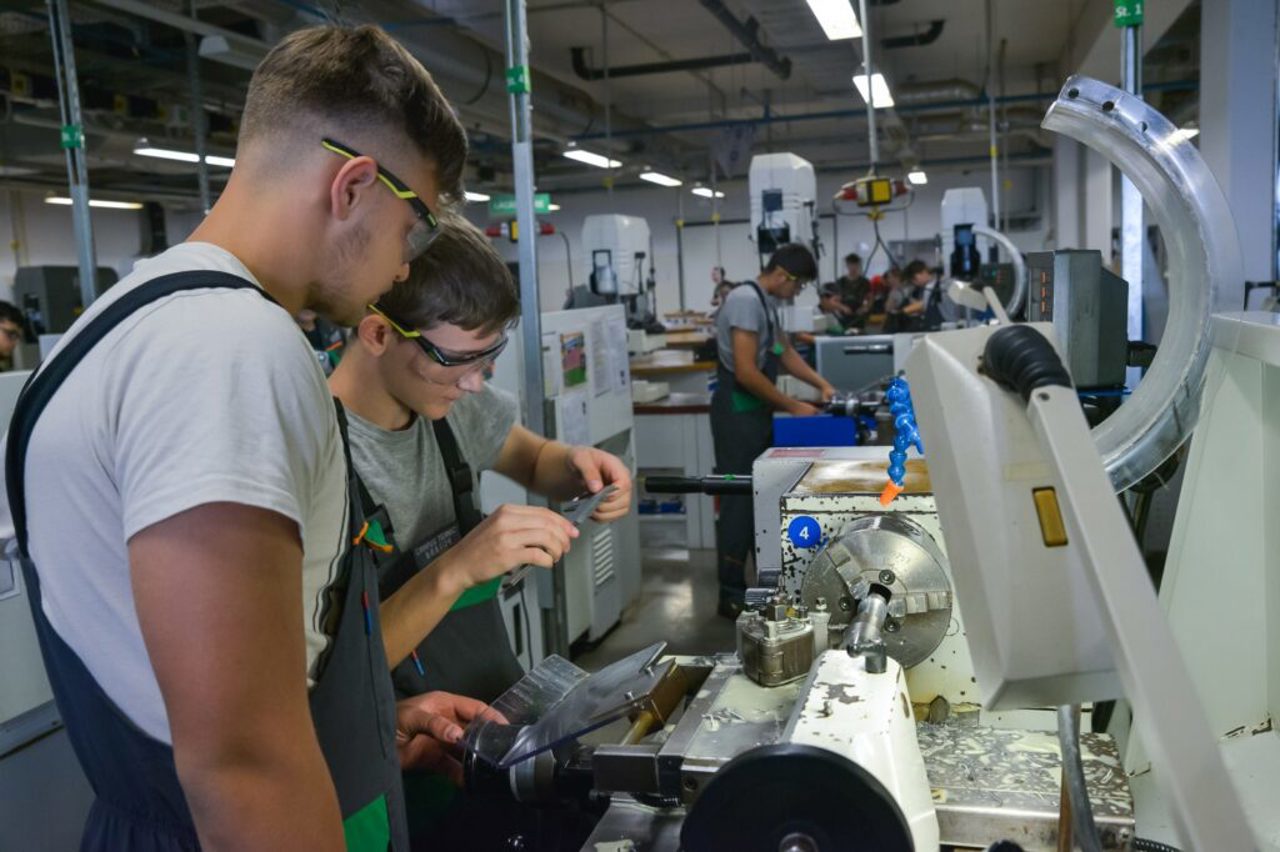Tiraspol refuses European help, opts for Hungarian gas
The regime in Tiraspol has rejected the European Union's €60 million aid, which was intended to help reduce the energy dependence of the Transnistrian region, as announced by Prime Minister Dorin Recean.

According to Recean, the left bank of the Dniester River will be supplied with gas through a Hungarian company. The Prime Minister claims that this solution does not resolve the long-term issue, but the authorities in Chișinău will not block the gas delivery and will ensure that the people on the left bank do not freeze.
“Tiraspol has rejected this solution. Russia does not allow them to accept European aid, fearing a loss of control over the region. The main condition rejected by Tiraspol was the gradual increase in consumer tariffs. Therefore, they cannot receive the €60 million European aid,” says Prime Minister Dorin Recean.
So how will gas reach the Transnistrian region now?
A Hungarian company, MET Gas and Energy Marketing AG, will be paid by JNX General Trading L.L.C, from Dubai, and will deliver the gas to the Moldova border. Both companies have been vetted. MET Gas and Energy Marketing AG is a natural gas trader in the European market. No inconsistencies have been found regarding national and international legislation for JNX General Trading L.L.C. Additionally, no Moldovan citizens have been identified behind the companies.
MET Gas and Energy Marketing AG will deliver the gas to the Moldova border under the contract signed with Moldovagaz.
Tiraspol will pay in advance for the transit costs of the gas transported from the Moldova border to the region under an agreement between Moldovagaz and Tiraspoltransgaz.
The Chișinău authorities will allow this transit, and Tiraspol will take several actions to demonstrate openness: releasing political prisoners, resolving the issue of the school in Rîbnița, keeping Moldova 1 public television station in the lineup, and dismantling checkpoints installed in 2022 (33 of which, 11 are still active).
Dorin Recean announces that this is not an agreement between the Government of Moldova and Russia or other entities, but a permission from the Government to allow people in the Transnistrian region to receive gas and avoid freezing.
“These issues will be discussed today at the Supreme Security Council. We have demonstrated that we want and have the capacity to help people on the left bank. When the Kremlin failed to provide basic living conditions in the region, leaving people in the cold and darkness, we, along with our European friends, managed to bring warmth into people's homes. We will continue to make rational and responsible decisions to maintain peace and good understanding throughout the country,” concluded the Prime Minister.
It is worth mentioning that the European Union has recently approved an energy support package of €250 million for Moldova, of which €30 million have already been allocated for purchasing electricity and delivering gas to the region. Another €100 million will be granted by mid-April to compensate bills paid by consumers on the right bank of the Dniester, while €60 million was allocated to support citizens in the Transnistrian region, contingent on respecting fundamental rights and adjusting energy tariffs.
The EU is providing additional funds for our country. Marta Kos stated: “We will support Moldova as long as it needs.”
The strict conditions attached to the new European aid for the Transnistrian region have been welcomed by human rights defenders.
The energy crisis in the region began after Gazprom completely halted natural gas deliveries to Moldova on January 1, particularly affecting the left bank of the Dniester, where separatist authorities had previously received free gas from Russia. On January 27, Prime Minister Dorin Recean announced that the European Union would grant Moldova an emergency €30 million for the purchase of natural gas, and the Government approved the loan of 3 million cubic meters of gas to the Transnistrian region to maintain necessary pressure in the pipelines until January 31. Starting February 1, gas purchased through a European grant began being delivered to the region for the needs of the population and the generation of electricity at the Cuciurgan Power Station.
Translation by Iurie Tataru






